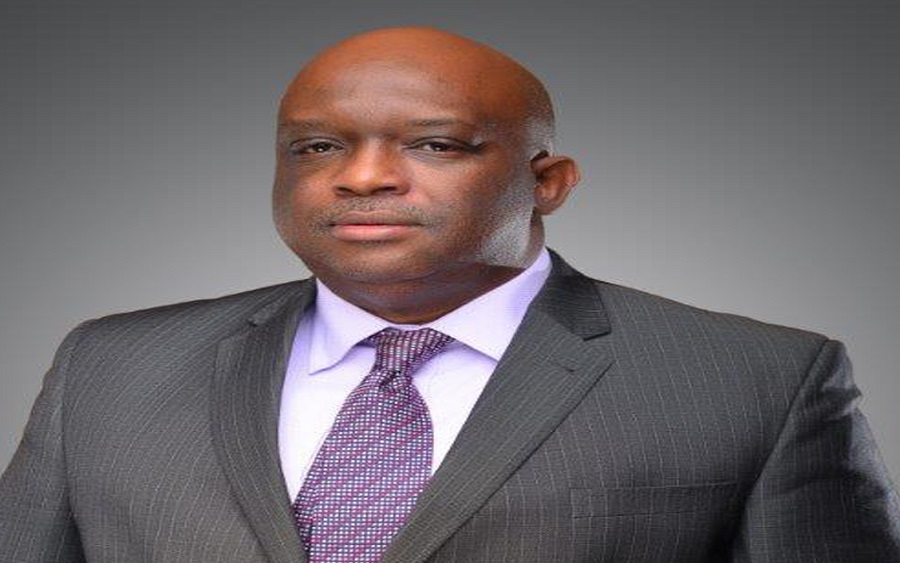If Abraaj Group refuses to subscribe to the share sale of C & I Leasing to existing shareholders, the private-equity firm may reduce its stakes in the company.
It appears that the firm, which was forced into liquidation in 2018, after being accused of mismanaging investors’ funds, may not be willing to take up its rights.
What C & I Leasing says: Chief Executive Officer, Andrew Otike-Odibi, said, “They have made it known to us they are not willing to take up their rights. Abraaj’s shareholding in the company could drop to 49% and 51% after the issuance.”
Abraaj had obtained approval from the Securities and Exchange Commission to convert a $10 million loan to C&I into equity, which when executed, will give liquidators of Abraaj 70% of the Lagos-based company.
C&I started the process to raise N3 billion through rights offering to fund the acquisition of offshore vessels for marine and oil business expansion.
[READ MORE: C&I Leasing Plc begins JV with Sifax Marine]
Abraaj, once one of the most high-profile private-equity companies in the Middle East, managed about $14 billion, until its downfall last year, saddling investors with losses of $1 billion. Backers had included the Bill & Melinda Gates Foundation.
Abraaj Group, the private-equity firm that collapsed after defaulting on debt, will get a 70% stake in C&I Leasing Plc by converting a $10 million loan into equity in the Nigerian company.
“Abraaj knows that pulling out $10 million will be detrimental to the growth of the business, so rather than cash out, they decided to convert. Once done, C&I plans a rights issue or an initial public offering that may dilute Abraaj’s stake to about 30 percent,” he added.
Back story: Abraaj, which used to be one of the most high-profile private-equity companies in the Middle East until its dramatic failure last year, is being restructured by liquidators in a bid to settle more than $1 billion of its debts through asset sales.
Meanwhile, Nairametrics had reported earlier that there are several questions that were left unanswered when the duo signed deals in January 2019.
The questions worth pondering are: Did the company, its directors, and auditors not know that there was convertible debt in the books before signing the deal? Did they not know of the requirement that when such liabilities are in the books, the impact of conversion should be anticipated and properly reflected in the diluted earnings per share numbers or was this omission intentional? How many other companies in Nigeria are in the habit of not reporting such numbers when they should? Why did the Stock Exchange not require them to indicate to the shareholders the effect of possible conversion on the diluted EPS?
Given the level of financial literacy in Nigeria, corporate citizens should do more to reduce information asymmetry so that relevant parties to transactions could make optimal decisions.
